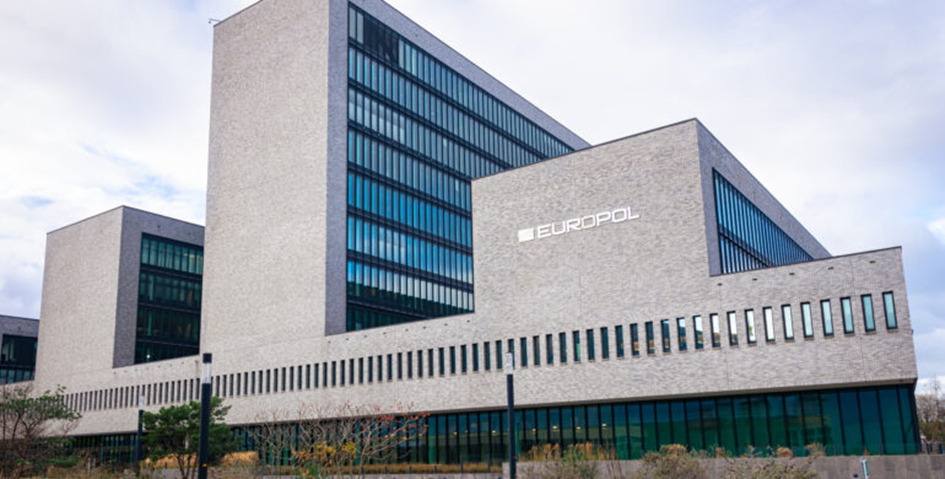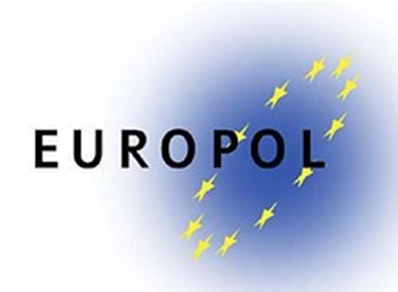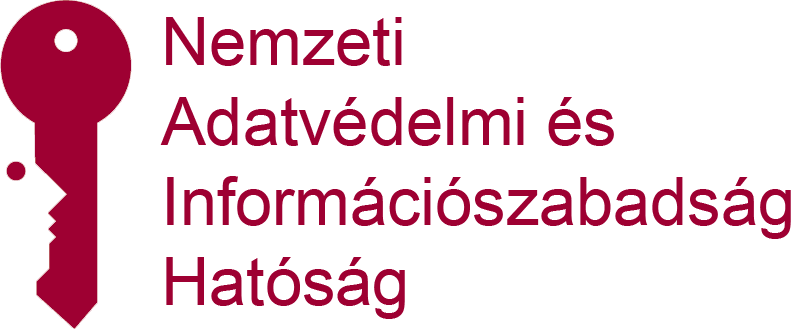About the Europol Information System

Europol is an agency of the European Union whose main task is to contribute to a safer Europe, mainly through the exchange and analysis of criminal information. Europol aims to improve the effectiveness and cooperation of European law enforcement authorities in preventing and combating serious forms of international crime, organised crime and terrorism.
Europol works in close cooperation with the law enforcement authorities of the 27 Member States of the European Union, as well as with law enforcement agencies in the USA, Canada, Australia, Iceland and Norway, providing effective assistance in cross-border investigations, in particular through data collection, analysis and sharing, and coordination.
Europol also participates on a case-by-case basis in joint investigation teams in the Member States, providing specialised tools and information to assist in the investigation of crime.
Europol is also assisted by some 285 liaison officers seconded by Member States and partner countries, who maintain an office at Europol headquarters in The Hague and help to ensure the fastest and most effective cooperation, personal contacts and mutual trust.
Europol’s activity
Europol became fully operational on 1 July 1999, following the ratification of the Europol Convention by the Member States. On 1 January 2010, following the adoption of Council Decision 2009/371/JHA of 6 April 2009 establishing the European Police Office (Europol), which replaced the Convention, Europol became a fully-fledged EU agency with a new legal framework and extended tasks. As of 1 May 2017, the legal framework has been renewed with the adoption of Regulation (EU) 2016/794 of the European Parliament and of the Council of 11 May 2016 on the European Union Agency for Law Enforcement Cooperation (Europol) and replacing and repealing Council Decisions 2009/371/JHA, 2009/934/JHA, 2009/935/JHA, 2009/936/JHA and 2009/968/JHA. The Regulation was last amended in 2022.
Europol assists the law enforcement authorities of the EU Member States, reinforces their action and mutual cooperation, e.g. in preventing and combating the following criminal offences:
- illicit drug trafficking,
- terrorism,
- trafficking in human beings and sexual exploitation of children,
- infringement of industrial property rights and counterfeiting of goods,
- money laundering,
- counterfeiting of currency or other means of payment - Europol is the main European body responsible for combating euro counterfeiting.
Europol's support to Member States includes:
- facilitating the exchange of information and criminal intelligence between European law enforcement authorities through Europol's information and analysis systems and the Secure Information Exchange Network Application (SIENA),
- providing operational analysis and support to Member States' operations,
- to produce strategic reports (e.g. threat assessments) and crime analyses based on information and data from Member States or other sources and Europol,
- providing expertise and technical support for investigations and operations within the EU, under the supervision and legal responsibility of the Member States concerned.
In addition to the above, Europol is also involved in facilitating criminal analysis, harmonising investigative techniques and providing training in the Member States.
In carrying out these tasks, it is assisted by the Europol Information System (EIS), which is essentially Europol's criminal database and primary control system. The purpose of the system is to link the ongoing investigations in the Member States in the case of offences falling within Europol's mandate, which are serious (punishable by a minimum of 5 years' imprisonment under the Criminal Code) and which involve at least two Member States, thus orienting and supporting the operational activities of national law enforcement authorities.
The practical use of the EIS is to help establish whether, in cases falling within Europol's mandate, another Europol member state has information relevant to a domestic investigation. In the case of a "hit", the investigative services of the Member States providing the information can contact each other through the national units and agree on the use of the information. In Hungary, the Europol National Unit is located at the National Police Headquarters' Centre for International Criminal Cooperation (ORFK NEBEK Bureau).
Data subject’s rights
Europol handles a significant amount of sensitive data on individuals and it is important that the right to information self-determination is respected when using this data.
Any data subject has the right to lodge a complaint with the European Data Protection Supervisor if he or she considers that the processing of personal data relating to him or her by Europol is not in accordance with the Europol Regulation or Regulation (EU) No 1725/2018 of the European Parliament and of the Council of 23 October 2018 on the protection of individuals with regard to the processing of personal data by the Union institutions, bodies, offices and agencies and on the free movement of such data and repealing Regulation (EC) No 45/2001 and Decision No 1247/2002/EC.
Any data subject who wishes to exercise the rights of access, rectification, erasure and restriction of processing of personal data relating to him or her referred to in Articles 80 and 82 of Regulation (EU) No 1725/2018 may submit a request to the authority designated for that purpose in the Member State of his or her choice or to Europol. If the request is submitted to that authority, it shall refer the request to Europol without undue delay and within one month of receipt.
These rights can be exercised free of charge and in order to exercise them, a written request must be addressed to the competent authority of any Member State, in Hungary to the ORFK NEBEK Office. The request shall then be sent to Europol within one month of receipt. Europol shall deal with the request in full within three months of its receipt.
However, Europol may refuse to provide information, rectification or deletion if this is necessary in order to enable it to fulfil its tasks properly; to protect the security and public order of the Member States or to prevent criminal offences; to guarantee that no national investigations are jeopardised; to protect the rights and freedoms of third parties. When considering the applicability of the exemption, the interests of the person concerned should be taken into account.

You can also apply to the NSIH for a review of the legality of the decision of the ORFK NEBEK Bureau or you can bring a claim for damages arising from unlawful processing before the courts.

Europol
Address: Eisenhowerlaan 73, NL-2517 KK Den Haag, Nederland
Tel: +31 70 302 50 00
Fax: +31 70 345 58 96
Web:https://www.europol.europa.eu/
Contacts:https://www.europol.europa.eu/content/page/inquiry-forms-209

ORFK NEBEK Office
Address: 1139 Budapest, Teve str. 4-6.
Postal address: 1903 Budapest, Pf.: 314/22
Tel. : 443-5596
Fax : 443-5815
E-mail :Ez az e-mail-cím a szpemrobotok elleni védelem alatt áll. Megtekintéséhez engedélyeznie kell a JavaScript használatát.

